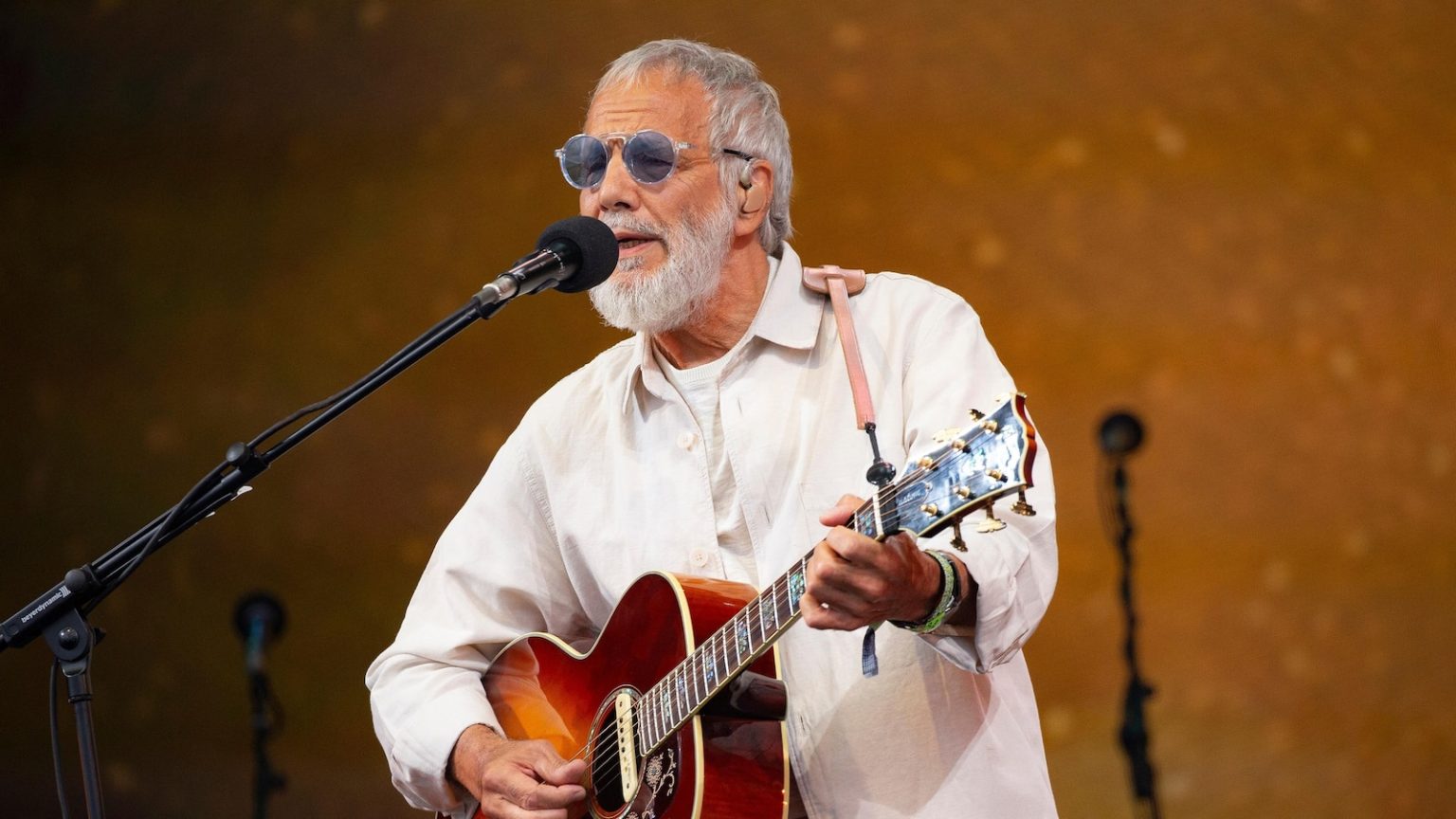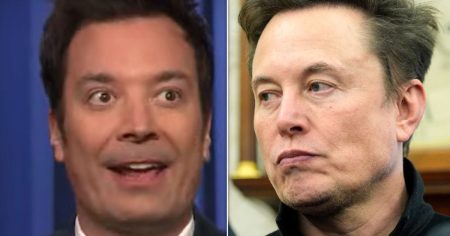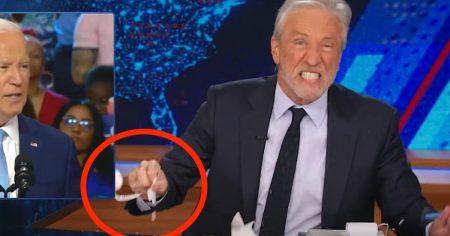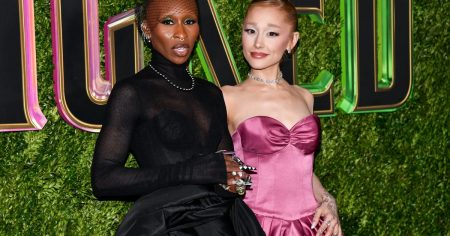The Fight for Creative Control: Musicians Unite Against AI Copyright Changes
A Star-Studded Protest: The Birth of a Movement
In a bold and unprecedented move, a new album titled Is This What We Want? has brought together over 1,000 musicians to voice their opposition to proposed changes in the U.K.’s artificial intelligence laws. The album, released on Tuesday, features contributions from legendary artists such as Kate Bush, Annie Lennox, Cat Stevens, Damon Albarn, Elton John, and Paul McCartney. But what makes this project unique is its haunting silence. Instead of music, it captures the eerie sound of empty studios and performance spaces, symbolizing the fate that artists fear awaits the creative industry if the government’s plan is implemented. The album’s 12 tracks spell out a powerful message: “The British government must not legalize music theft to benefit AI companies.” All profits from the album will go to the charity Help Musicians, supporting artists in need.
The Government’s Proposal and Its Implications
At the heart of this controversy is a proposal by the U.K. government to allow tech firms to use copyrighted material for training AI models, unless creators explicitly opt out. This consultation, which closed on Tuesday, has sparked fierce debate. Critics argue that the plan would strip artists of their creative control and hand their life’s work over to AI companies for free. These companies could then exploit this material to train AI systems, potentially undermining the livelihoods of musicians and threatening the future of the creative industries. Composer and AI developer Ed Newton-Rex, who organized the album, describes the proposal as “disastrous” for musicians and unnecessary for advancing the U.K.’s leadership in AI.
The Creative Industry’s United Stand Against AI Exploitation
The album serves as a powerful symbol of resistance, uniting some of the biggest names in music to fight for their rights. Elton John and Paul McCartney have joined the chorus of voices opposing the proposal, emphasizing the importance of protecting intellectual property and creative integrity. The album’s message is clear: if the government’s plan goes through, the vibrant music scene in the U.K. could be silenced. By recording empty studios, the artists aim to illustrate what they fear will happen if their work is exploited without fair compensation or control. Newton-Rex warns that this could hand over the creative output of an entire nation to AI companies, allowing them to profit from the work of others while leaving artists with nothing.
A Call to Action: The Broader Implications
The protest extends far beyond the music industry. The Creative Rights in AI Coalition, which includes publishers, artists’ organizations, and media companies like The Associated Press, has formed to oppose the weakening of copyright protections. The coalition argues that the government’s plan fails to balance the interests of creators with the needs of AI developers. Instead of safeguarding the rights of artists, it risks eroding the very foundation of the creative industries. The U.K., which prides itself on its rich cultural heritage and world-leading creative sector, could find itself at the forefront of a global movement to protect intellectual property in the digital age.
The Backlash and the Future of Creativity
The backlash against the government’s proposal has gained momentum, with several U.K. newspapers running front-page campaigns under the banner, “Let’s protect the creative industries — it’s only fair.” This widespread support highlights the public’s recognition of the importance of creativity and the need to preserve it. Artists and organizations alike are calling for a fairer approach that ensures creators are consulted and compensated when their work is used for AI training. As the consultation closes, the government faces a critical decision that will shape the future of the creative industries and the balance of power between artists and AI companies.
The Fight for Fairness in the Digital Age
The album Is This What We Want? is more than just a protest; it is a call to action. It asks policymakers to reconsider the consequences of their decisions and to prioritize the rights of creators over the interests of tech giants. The U.K. has an opportunity to lead the world in AI innovation, but it must do so without sacrificing the creative soul of its nation. As the debate continues, one thing is clear: the fight for creative control in the age of AI is only just beginning, and the voices of artists will not be silenced.















